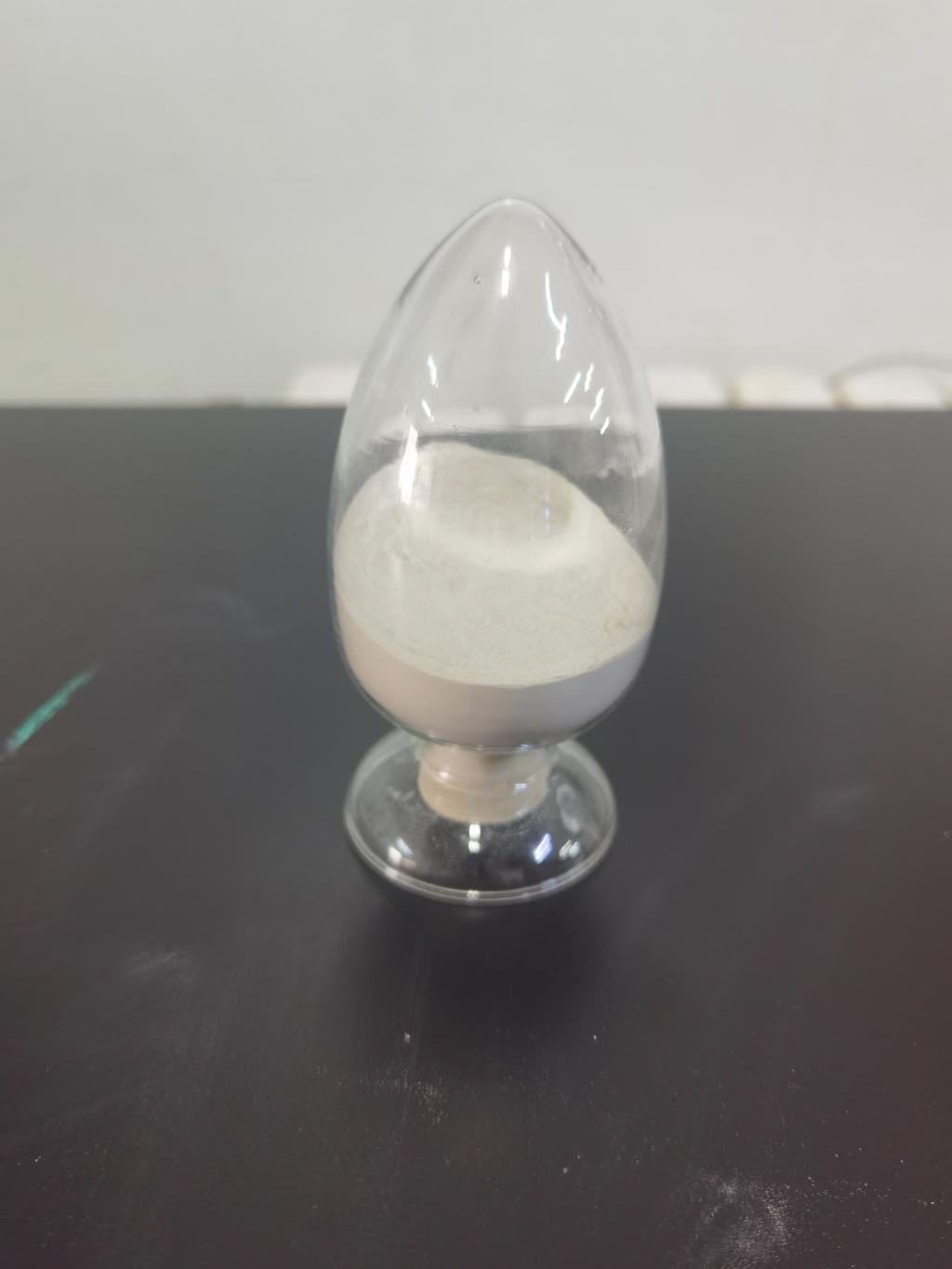Tel:0086 18231198596

News
Nisin effectiveness in controlling pathogens promotes healthier eating habits globally.
TIME:2024-03-26
Understanding Nisin:
Nisin is a bacteriocin produced by certain strains of lactic acid bacteria, notably Lactococcus lactis. It is widely recognized for its potent antimicrobial activity against Gram-positive bacteria, including foodborne pathogens such as Listeria monocytogenes, Staphylococcus aureus, and Bacillus cereus. Nisin's mechanism of action involves binding to lipid II, a precursor molecule involved in cell wall synthesis, leading to membrane disruption and cell death.
Controlling Pathogens in Food:
Foodborne Pathogens: Foodborne pathogens are microorganisms that can cause illness when consumed in contaminated food. Common foodborne pathogens include bacteria, viruses, parasites, and fungi, many of which pose significant public health risks. Contaminated food can lead to outbreaks of foodborne illness, resulting in symptoms ranging from mild gastroenteritis to severe illness and even death.
Transmission Routes: Foodborne pathogens can enter the food supply chain at various stages, including production, processing, distribution, and preparation. Contamination may occur through contact with contaminated surfaces, water, soil, animals, or infected food handlers. Pathogens can proliferate in food under favorable conditions, such as inadequate refrigeration or improper food handling practices.
Health Impacts: Foodborne illness imposes a significant burden on public health, causing millions of cases of illness, hospitalizations, and deaths worldwide each year. Vulnerable populations, including children, the elderly, pregnant women, and immunocompromised individuals, are at increased risk of severe complications from foodborne pathogens. The economic costs of foodborne illness, including medical expenses, lost productivity, and food recalls, are substantial.
Nisin's Role in Enhancing Food Safety:
Antimicrobial Activity: Nisin exhibits potent antimicrobial activity against a broad spectrum of bacteria, including both spoilage microorganisms and foodborne pathogens. Its efficacy against Gram-positive bacteria, such as Listeria monocytogenes and Staphylococcus aureus, makes it particularly valuable for controlling pathogens in food products.
Preservation Effects: In addition to controlling pathogens, nisin has preservative effects that extend the shelf life of perishable foods. By inhibiting microbial growth and spoilage, nisin helps maintain the freshness, quality, and safety of food products throughout storage and distribution. This contributes to reducing food waste and improving food security for consumers globally.
Versatility in Applications: Nisin can be incorporated into a wide range of food products and processing methods, including dairy products, meat and poultry, beverages, and ready-to-eat foods. It can be added directly to food formulations or applied as a surface treatment to inhibit microbial contamination. Nisin's compatibility with various processing conditions and ingredients enhances its versatility and applicability in different food industry sectors.
Promoting Healthier Eating Habits:
Consumer Confidence: The presence of nisin in food products can instill confidence among consumers regarding the safety and quality of the foods they consume. Knowing that nisin effectively controls pathogens and extends shelf life can reassure consumers and encourage them to make healthier food choices.
Access to Safe Food: By reducing the risk of foodborne illness and spoilage, nisin contributes to improving access to safe and nutritious food for individuals and communities worldwide. Access to safe food is essential for achieving optimal health and well-being and reducing the burden of foodborne diseases.
Support for Dietary Diversity: Healthier eating habits encompass a diverse and balanced diet that includes a variety of nutrient-rich foods. By enhancing the safety and availability of a wide range of food products, nisin supports dietary diversity and encourages consumers to explore and incorporate a greater variety of foods into their diets.
Global Impact: The benefits of nisin in promoting healthier eating habits extend beyond individual consumers to have a global impact on public health and food security. By reducing the prevalence of foodborne pathogens and extending the shelf life of food products, nisin contributes to improving nutritional outcomes and reducing the incidence of foodborne illnesses worldwide.
Challenges and Considerations:
Regulatory Approval: The use of nisin in food production is subject to regulatory approval and oversight in many countries. Ensuring compliance with regulatory standards and labeling requirements is essential for the responsible use of nisin in food products.
Consumer Acceptance: While nisin is generally recognized as safe for human consumption, consumer acceptance of nisin-treated foods may vary due to perceptions of natural versus synthetic preservatives. Educating consumers about the safety and benefits of nisin can help promote acceptance and understanding.
Sustainability Considerations: While nisin offers benefits for food safety and shelf life extension, considerations related to sustainability, such as resource use and environmental impact, should be addressed. Implementing sustainable production practices and minimizing waste generation can enhance the overall sustainability of nisin-based food preservation.
Conclusion:
Nisin plays a crucial role in enhancing food safety, promoting healthier eating habits, and improving public health outcomes globally. Its effectiveness in controlling pathogens and extending the shelf life of food products contributes to reducing the incidence of foodborne illness, improving access to safe and nutritious food, and supporting dietary diversity. By harnessing the potential of nisin in food production and consumption, stakeholders across the food industry can work together to build a safer, more resilient, and healthier food supply chain for individuals and communities worldwide.

 CONTACT
CONTACT




